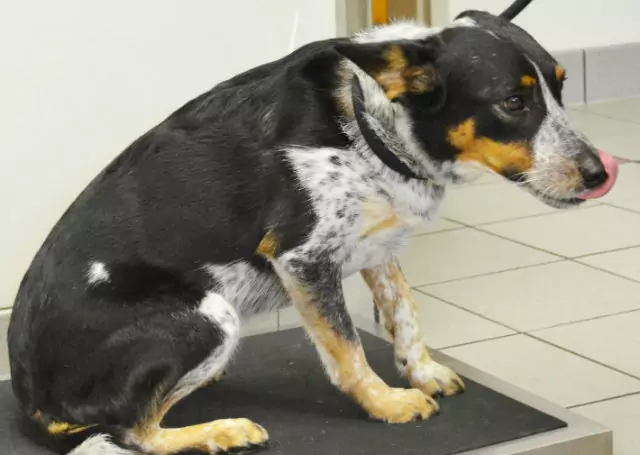Can dogs eat raw bacon? Is bacon bad for dogs?
2022-07-08
Dogs are man's best friends, and we should share happy moments with them. For most owners, the happiest time is when they can sit on the couch with their dog, watch a movie, and eat a snack. Some owners don't even mind sleeping in the same bed with their dog, and that's certainly okay. Experts also strongly encourage owners to stay with their dogs as much as possible, not only to help keep them mentally and physically stimulated, but also to help develop an unbreakable relationship between dog and owner.
However, owners should be a little cautious when it comes to feeding their dogs. There are many human foods that owners give to their dogs out of hand, without considering whether these foods will affect their health. Bacon is a good example of this, and as a responsible owner, you may be wondering, can dogs eat bacon? The answer to this question as a whole is a bit contradictory, but it's well understood from a microscopic perspective; dogs can consume bacon in appropriate circumstances, depending on how the food is prepared. While dogs are carnivores and very fond of bacon, this food often contains preservatives and other ingredients that can do more harm than good to your dog.
I. Is bacon bad for dogs?
As we said above, it depends on many factors, with the most influential being the ingredients used. Bacon is essentially salt-cured pork belly, which already speaks volumes about the amount of fat in the food. However, not all bacon is extracted from pork belly. As people become more aware of the unhealthy nature of high-fat foods, many are reducing their intake of high-fat foods such as bacon.
Therefore, bacon producers ensure sales may reduce the content of pork belly, and add some other ingredients. Some producers even simply do not use pork. So, we can now see bacon made from turkey, chicken, beef, or lamb in the market. But regardless of where the bacon meat comes from, the preparation method is more or less the same. First, the food is cured with preservatives, such as nitrites and brine. Preservatives are added to prevent the growth of potentially harmful bacteria. Brine, on the other hand, is essentially a concentrated salt solution that enhances the taste and flavor of salted meats. Seasoning and spices are added after cooking bacon and before cooking or smoking in a convection oven.
Benefits of Bacon
Dogs are carnivores, which means they rely heavily on a diet of animal protein. Because bacon is essentially animal protein, the food also contains nutrients such as selenium, phosphorus, iron, zinc, potassium, magnesium, and vitamins B1, B2, B3, B5, B6, and B12. Based on its abundance of essential minerals and vitamins, bacon may be one of the best human foods to feed to dogs. This is true in theory, but it is not.
The benefits and drawbacks of bacon for dogs
We know dogs want to eat bacon, but can dogs eat bacon? "Bacon is high in fat and salt, which is why it tastes so good," explains Jenna Mahan, director of claims for Embrace Pet Insurance. "While it can be eaten in small amounts, I wouldn't give them too much at once."
As much as you may like bacon, you'll want to limit the amount of bacon you expose your dog to - if you even decide to allow your dog to eat any bacon at all. Too much salt is not good for dogs, and bacon has a strong flavor that can upset the digestive system of some dogs.
How much bacon can a dog eat?
When thinking, "Can I give my dog bacon?" the most important thing to remember is that bacon should only be given to dogs as an occasional treat. If you choose to feed your dog bacon, you want to limit how much your dog eats, and how often he eats it.
If you're going to feed your dog bacon, a reasonable serving size should look like this, says Jenna. For small dogs, a quarter of a small strip is fine, and for large dogs, half a strip is reasonable," she advises. There are also some commercially available "bacon-flavored" dog treats, and while these should still only be given to your dog as a training reward or occasional treat, they are a healthier option.
Side Effect Contraindications of Bacon for Dogs
Dr. Jeff Weber, an Emmy Award-winning veterinarian, further recommends avoiding or limiting bacon to dogs because of its high-fat content.
Pancreatitis is the main health concern regarding bacon consumption in dogs. It is a disease that causes inflammation of the pancreas due to digestive enzymes that attack the pancreas. This may occur when a dog eats too much fatty food. Pancreatitis can be very uncomfortable for dogs and the condition can be very serious and require veterinary care.
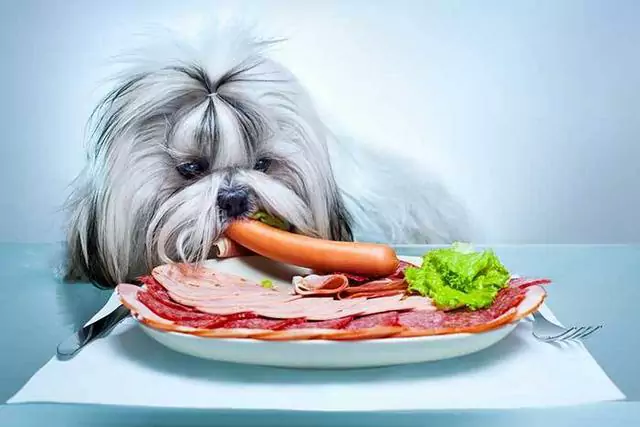
II. Potential health risks of bacon for dogs
1. Method of preparation
Even before discussing the ingredients of bacon, the method of preparation of bacon makes it an unhealthy food for dogs. Bacon is heated or smoked in convection ovens. Cooking bacon in the oven means the meat is subjected to ultra-high temperatures, which can cause nutrient loss.
2. Potentially toxic preservatives
As with most processed foods, preservatives such as nitrites are added to cured meats to extend their shelf life. Many scientific studies have linked nitrites to the development of cancer cells, so preservatives may significantly increase the chances of cancer in dogs.
Like most human foods, if you want to give your dog a taste of bacon, it's important to cook it healthily and choose ingredients that your dog can tolerate.
Three foods that are toxic to dogs
1. Xylitol
Xylitol, an additive commonly found in sugar-free products and gum, is a substance that takes the body a long time to get used to before it can be digested in the intestines, but dogs are rectal and it can't be digested. Even small doses (one or two pieces of sugar-free gum containing xylitol) can cause hypoglycemia, seizures, liver failure, and death in dogs.
So don't give your dog any food containing xylitol to try.
2. Grapes and raisins
Grapes can cause kidney failure in dogs. For dogs with poor kidney function, even a single grape can cause kidney failure and, in severe cases, death. Raisins, on the other hand, contain even more components that affect dogs because of the removal of water.
The accidental ingestion of grapes can lead to an increase in the dog's creatinine level, the dog may react within a few hours, and the initial symptoms are somewhat like acute gastroenteritis, loss of appetite, lack of energy, increased water intake, etc. Timely medical attention may save the dog's life, but even if saved, there will still be many health legacy problems later.
So grapes and raisins, too, should never be touched by dogs.
If you have grapes and raisins at home, be sure to keep these out of reach of your dog. Including the leftover grape remnants, do not give the dog accidentally eat.
3. Chocolate and candy packaging
Many owners say, I gave my dog to eat chocolate, it is also healthy and lively ah, yes, the dog may be lucky, some small doses of milk chocolate on the dog is not particularly large; but if the dose is large or concentrated chocolate, for dogs is dangerous. Chocolate contains alkali, and caffeine, weight a kilogram of chocolate to take 20 mg, for dogs is toxic.
And sometimes, the dog will swallow the package with the chocolate, even if the chocolate does not cause harm to it, but the wrapper in the gastrointestinal retention is also very scary.
For friends who like to eat chocolate, this is also not to share food with dogs.
4. Macadamia nuts and other nuts
Nuts for us humans are a good snack, but dogs can not be so friendly, if the dog accidentally eats nuts, may cause vomiting, ataxia, tremors, increased heart rate, and fever.
In addition to peanuts and peanut butter can be given to the dog to eat, and peanut butter can not add seasoning, other nut foods should be avoided to feeding the dog.
5. Nutmeg and other spices
Again, nutmeg and spices can be dangerous. If consumed in small amounts, may cause abdominal discomfort in dogs, and if consumed in large amounts, can lead to an increase in the dog's heart rate and seizures. It can also raise the dog's body temperature.
6. Onion and garlic
These two foods have been controversial, in the end, there is no harm to dogs, lies in the amount of the problem, if consumed in excess, will lead to the dog's red blood cell function below its capacity, resulting in hemolytic anemia, this is more dangerous.
And many dog food has also appeared in the formula of onion powder, and garlic powder, if it is a regular manufacturer, should strictly control the amount of these foods. If you do not grasp this degree, for safety's sake, then do not feed.
In fact, including salt as well, the so-called can not be given to the dog to eat, it all depends on whether the dosage exceeds the standard, once the excess will be harmful to the dog's body.
7. Yeast dough
If a dog accidentally eats yeast dough, it may continue to ferment in its body, which can be fatal to dogs.
8. Lactose intolerance
Dogs can also develop lactose intolerance symptoms, if you are not sure whether your dog is lactose intolerant, it is best not to give it the risk to try dairy products, give your dog drink milk, which will cause stomach pain.
9. Alcoholic beverages
Alcoholic beverages contain alcohol, which is also harmful to dogs. Dogs' livers do not break down alcohol like human livers do, and giving them alcohol will only cause them liver damage that cannot be repaired. Liver failure is also a very painful condition for dogs. It causes loss of appetite, weight loss, vomiting and diarrhea, and yellowing or jaundice of the eyes, tongue, gums, and white skin.
10. Caffeine and stimulants
Again, caffeine and caffeinated beverages can be harmful to dogs. Be sure to keep coffee, tea, and energy drinks out of reach of your dog. Just like alcohol, although it doesn't show up at the moment, the cumulative damage can affect your dog later, and in severe cases, death.
11. High-fat foods
Bacon, high-fat foods, and other food residues can cause pancreatitis in dogs. Our bodies are accustomed to eating high-fat foods and can digest them well. But for the dog's body, they should not eat too much-processed fat and are suitable for eating more lean meat. Even a slice of high-fat bacon can cause severe pain, stomach upset, vomiting, and diarrhea in dogs, and in severe cases, hospitalization may be required. Especially like chenille and cocker spaniel are more likely to suffer from pancreatitis.
Dogs want to eat everything, but these foods do not give to eat, eating may be fatal
It's better to stop your dog from ingesting food at the source than to send him to the doctor if he can't eat it.
Was this article helpful to you?
Other links in this article
português (Brasil):
Os cães podem comer bacon cru? O bacon é ruim para os cães?
中文简体:
狗能吃生培根吗?培根对狗狗有害吗?
中文繁体:
狗能吃生培根嗎?培根對狗狗有害嗎?
Comments
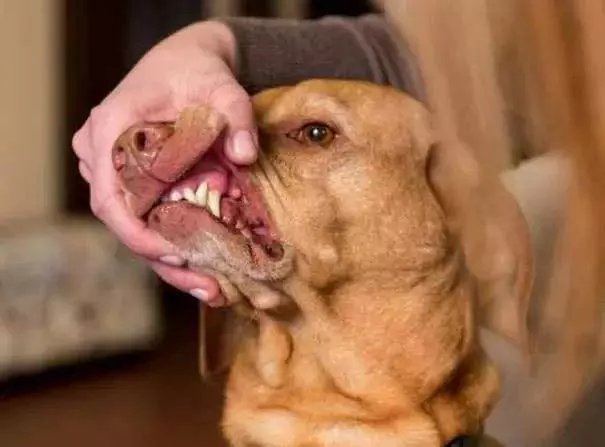
Is a dog's mouth cleaner than a human's? Dogs' mouths need regular cleaning
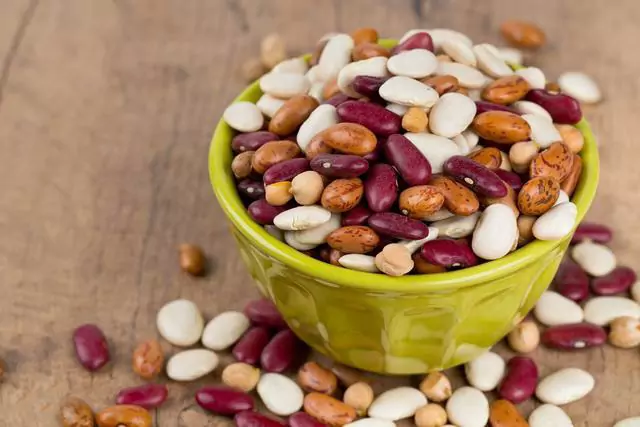
Can dogs eat beans? Do dogs eat beans for health?
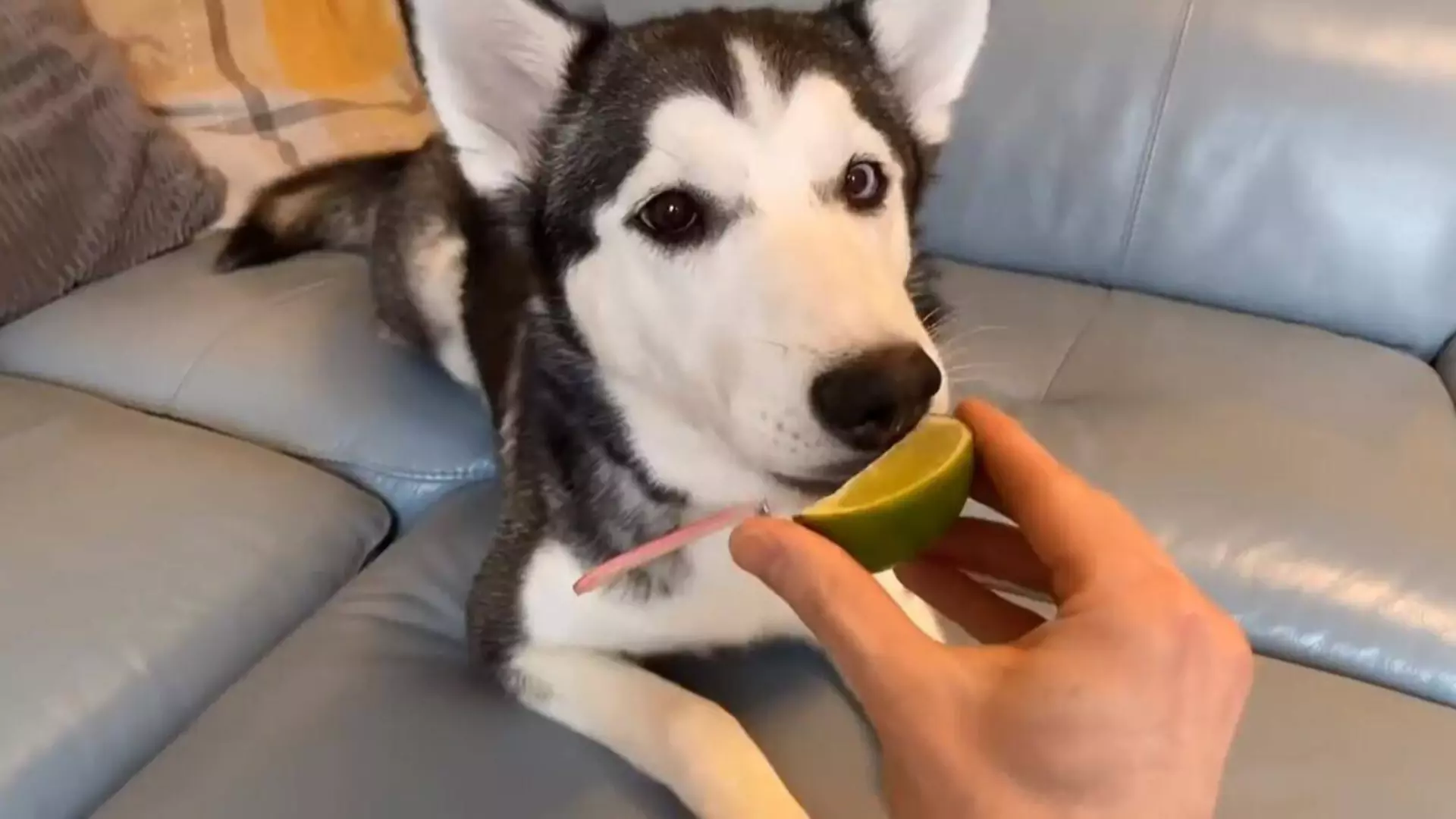
Can dogs eat lemons? Fruits that dogs should not eat more of

Do dogs have nightmares? Are dogs' dreams similar to humans'?
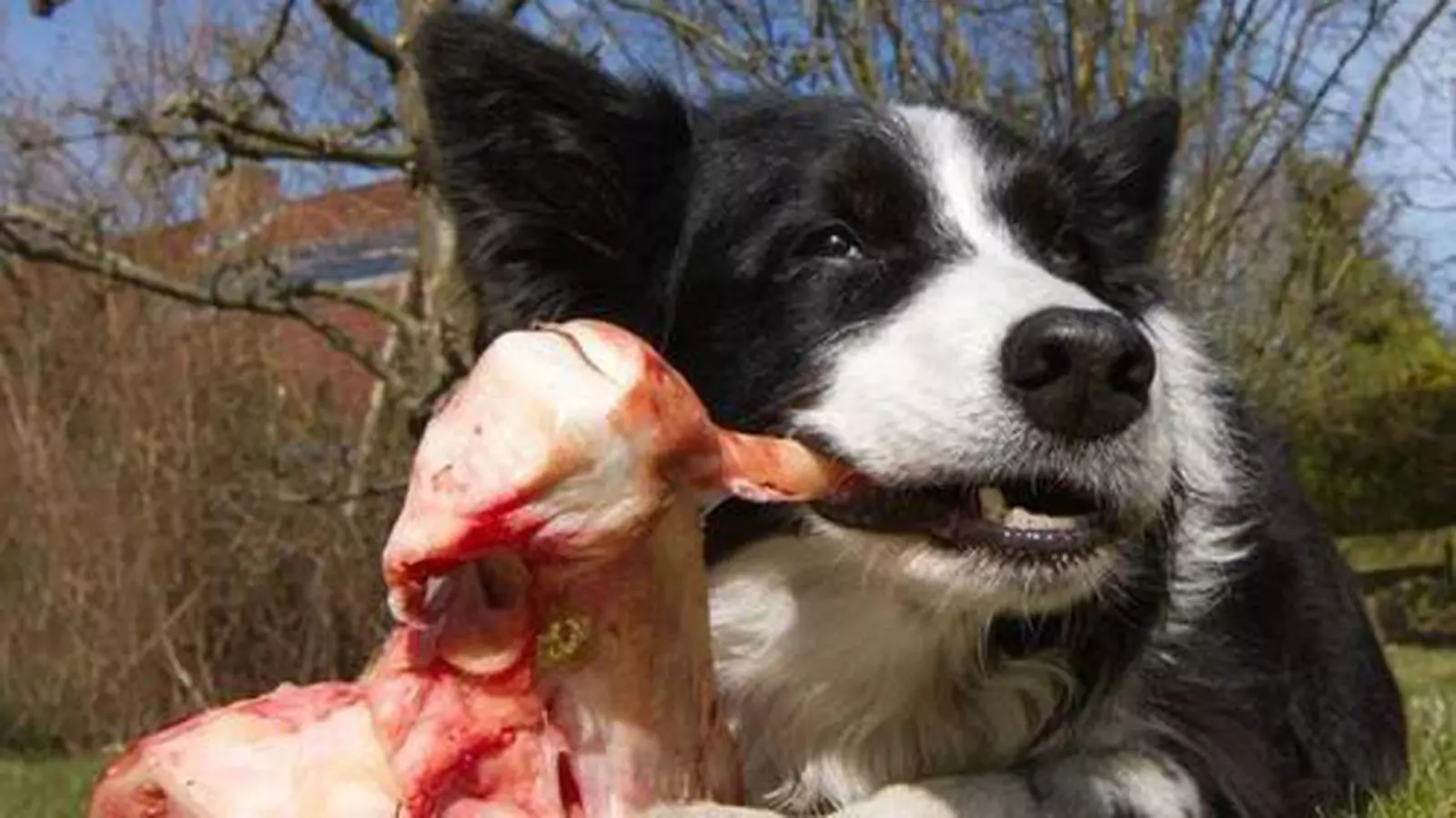
Can dogs eat raw beef? The benefits and drawbacks of beef for dogs
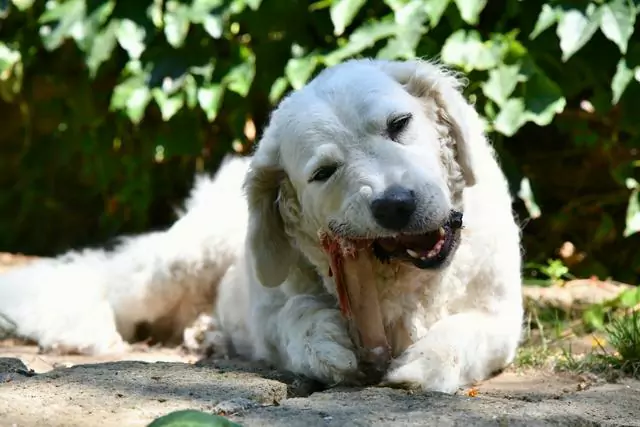
Is raw meat good for dogs? Can dogs eat raw chicken?
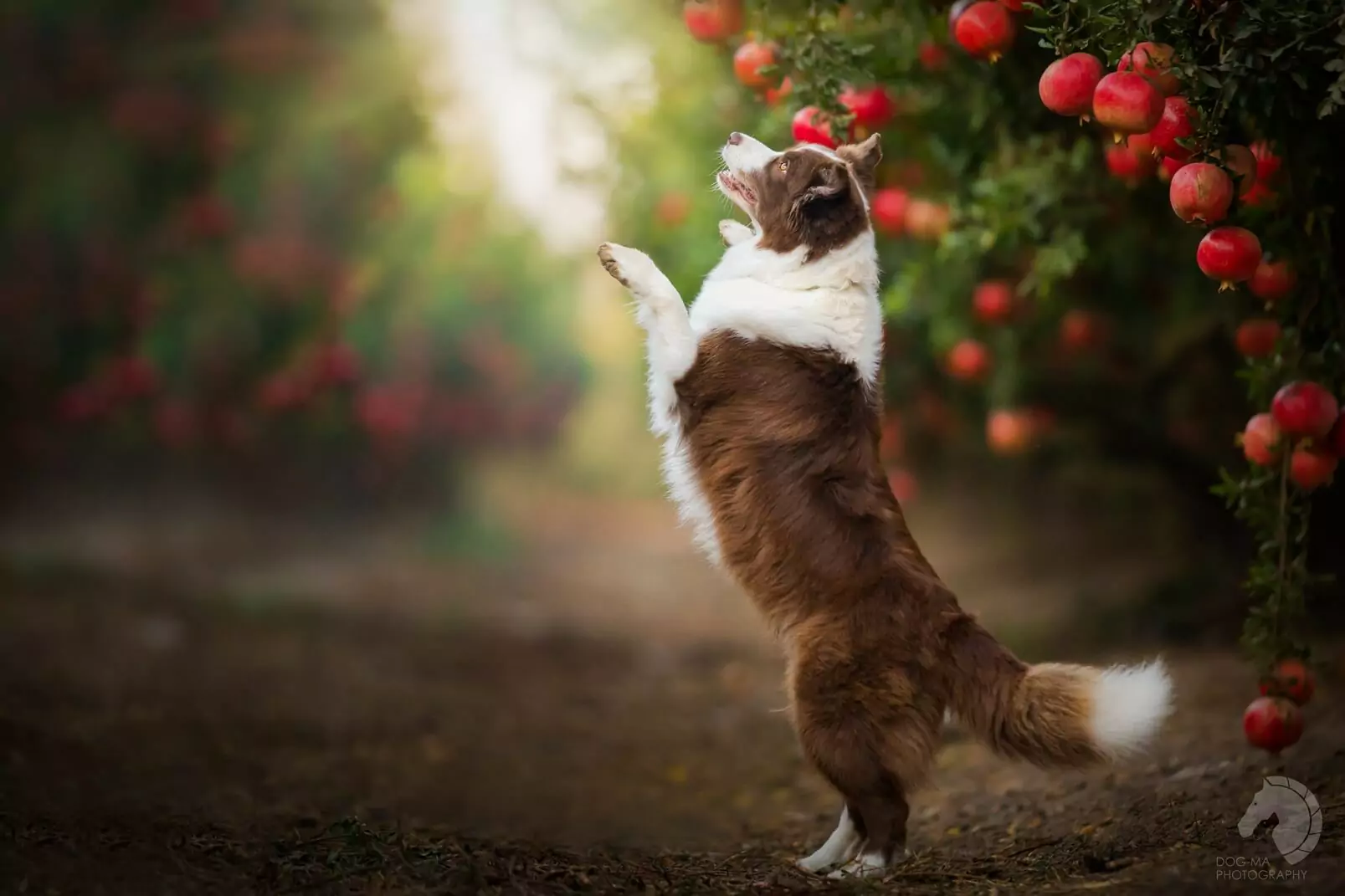
Can dogs eat pomegranates?

Can dogs eat ham?Can all types of ham hocks be eaten?

How to give a dog a bath
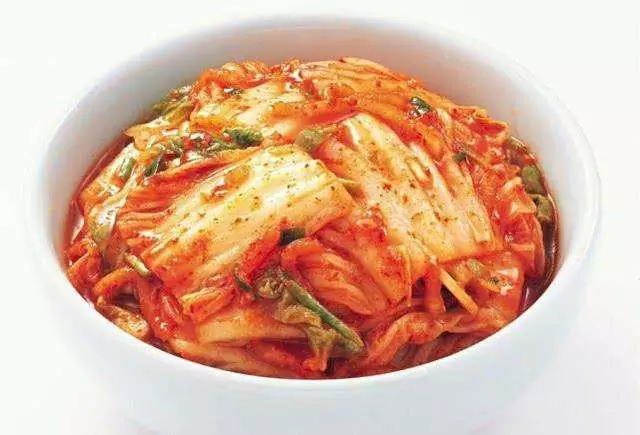
Can dogs eat kimchi?








